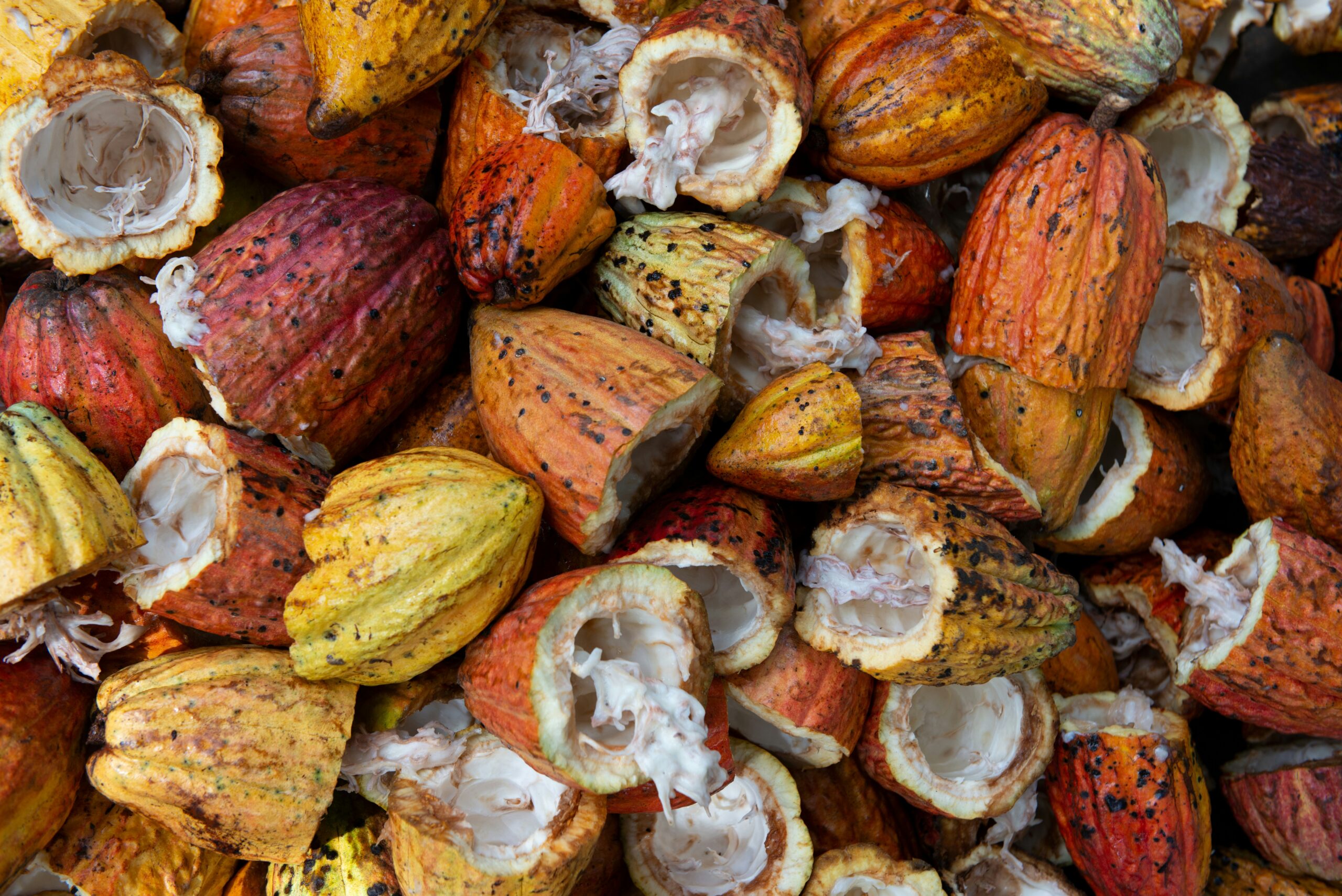Postponement of the EU Deforestation Regulation
The European Commission’s call to postpone the EU Deforestation Regulation could weaken the EU’s environmental commitments under the already diluted Green Deal.
The 2023 EU Deforestation Regulation (EUDR) aims to prevent the import of deforestation-linked commodities, including coffee, cocoa, soy, palm oil, rubber, wood, and some of their derived products into the EU. The regulation responds to the critical role deforestation plays in climate change and biodiversity loss. The Food and Agriculture Organization (FAO) reports that 420 million hectares of forest were lost globally between 1990 and 2020, and the EU is responsible for 13-16% of global deforestation through its imports, despite accounting for only 7% of the world’s population.
The EU is responsible for 13-16% of global deforestation through its imports.

Proposal for Postponement
The European Commission has proposed a 12-month delay in the application of the EUDR, extending the start date to 30 December 2025 for large companies and 30 June 2026 for micro- and small enterprises. This decision follows concerns expressed by international partners and stakeholders, citing insufficient readiness for compliance. The extension aims to allow for a phased-in approach to ensure the regulation’s successful implementation without disrupting global trade flows or supply chains.
Rationale
The Commission’s decision reflects feedback from trading partners and stakeholders, some of whom raised concerns during the United Nations General Assembly in 2023. While certain businesses are prepared for the original timeline, others have voiced concerns about meeting the compliance requirements. The additional year is intended to provide all parties, particularly smallholders, with adequate time to meet the new obligations. The postponement is framed as a balanced solution that does not alter the fundamental objectives of the regulation, which remains focused on addressing the EU’s contribution to imported deforestation.

Debate
The postponement has prompted mixed reactions. Proponents, including members of the European People’s Party (EPP), argue that the delay is necessary to ensure sufficient preparation time for both EU-based companies and international suppliers.
However, critics argue that delaying implementation undermines the legislative process and sends the wrong signal to trading partners and businesses already in compliance. They express concerns that it could weaken the EU’s environmental commitments under the already-diluted Green Deal, plus delay market shifts towards sustainable practices, and create confusion among stakeholders, third countries, as well as operators and traders.
Next Steps
Alongside the proposed delay, the European Commission has issued detailed guidance on its website on October 2 to support the regulation’s implementation, including clarifications on penalties, key definitions, and traceability obligations. Additionally, the Information System for registering due diligence statements will be operational by November 2024, allowing operators and traders to begin submitting compliance information before the law enters into application.
The Commission urges the European Parliament and the Council to approve the postponement by the end of 2024.

Your Voice Matters
What do you think about the development of this EU policy? Send your opinion to editors@revolve.media or leave a comment on our LinkedIn page.